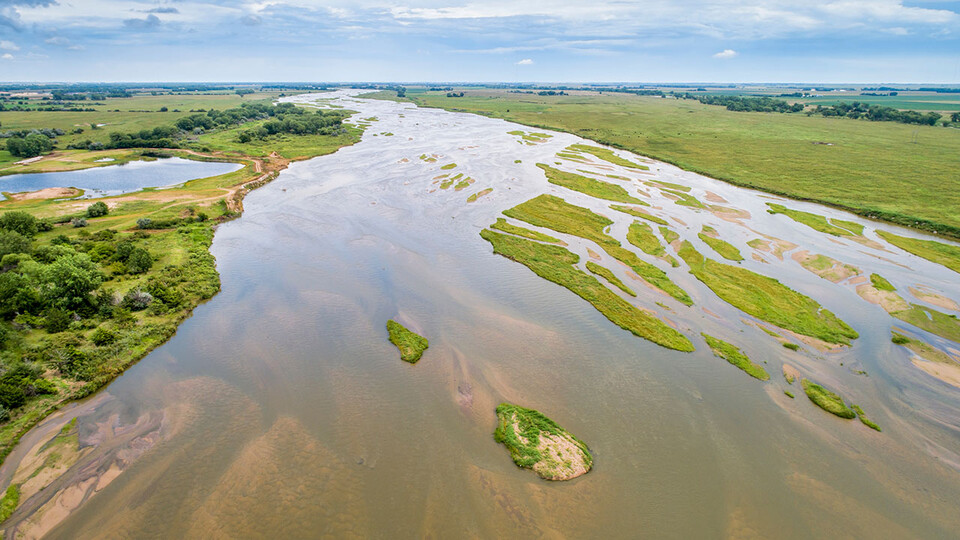
by Leah Campbell | NDMC Communications
Two researchers affiliated with the National Drought Mitigation Center at the University of Nebraska–Lincoln are part of a multidisciplinary, multi-institutional team that has received significant funding from the National Science Foundation for a project predicting the effect of climate extremes on the food system. Understanding the vulnerability of food systems to climate shocks like drought is an important step to increasing the resilience of communities and agricultural operations to those shocks.
The team is one of 16 selected for Phase 1 of the NSF Convergence Accelerator program’s Track J: Food and Nutrition Security, an $11 million investment by the NSF into applied research and technology development to advance solutions aligned to this focus.
Led by Kathy Baylis at the University of California, Santa Barbara, other team members come from Baylor University, the University of Illinois, Tufts University and the University of Texas. The researchers will work with a range of nongovernmental organizations and nonprofit organizations on the ground in both the United States and Kenya.
Mike Hayes, a professor in the School of Natural Resources at Nebraska and former director of the National Drought Mitigation Center, is one of the researchers involved.
“This project allows us to come together and combine the strengths that all the people involved have,” Hayes said of the team’s diverse disciplinary makeup, with members coming from economics, engineering, geography, hydrology and sociology.
Hayes’ expertise is in climate science. His role in the project, he said, is to apply new developments in climate science to the challenge of food security and translate the vast amount of climate data that’s out there into something useful and usable for decision-makers. “They’re really emphasizing the broader impacts, rather than just basic research,” he said of the accelerator program’s focus on applied solutions.
Read the complete article at:
More details at: https://news.unl.edu/newsrooms/today/article/team-looks-to-increase-resilience-of-food-systems-to-climate-shocks/